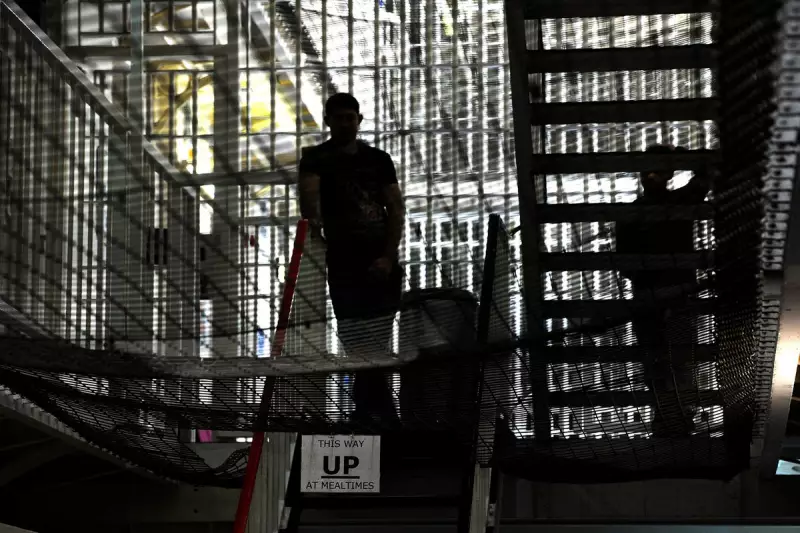
In a quiet classroom far from the battlefields that once defined their lives, former militants are learning the most difficult lesson of all: how to live peacefully. Indonesia, the world's largest Muslim-majority nation, is pioneering an ambitious deradicalisation programme that's turning bomb-makers into breadwinners and ideologues into entrepreneurs.
The Human Face of Counter-Terrorism
Unlike traditional punitive approaches, Indonesia's strategy focuses on understanding the human stories behind extremism. "We're not just fighting ideas; we're healing people," explains Dr. Sana Jaffrey, a senior analyst at the Institute for Policy Analysis of Conflict. "Many of these individuals were victims long before they became perpetrators."
A Multi-Pronged Approach to Rehabilitation
The programme employs several key strategies:
- Psychological counselling to address trauma and reshape worldviews
- Vocational training in fields like carpentry, agriculture, and small business management
- Religious re-education led by moderate Islamic scholars
- Family reintegration support to rebuild broken relationships
- Continuous monitoring to prevent recidivism
Measuring Success Beyond Statistics
While recidivism rates remain closely guarded, the true success stories are found in transformed lives. Former combatants who once plotted attacks now run successful businesses, mentor at-risk youth, and serve as powerful voices against extremism within their communities.
However, the programme faces significant challenges. Limited funding, societal stigma, and the constant threat of re-radicalisation mean that every success story represents a hard-won victory against overwhelming odds.
A Model for the World?
As Western nations grapple with returning foreign fighters and homegrown extremism, Indonesia's compassionate approach offers valuable lessons. By addressing the root causes of radicalisation rather than merely punishing its symptoms, this Southeast Asian nation may have found a more sustainable path to lasting security.
The road from radicalisation remains long and difficult, but for those willing to walk it, Indonesia is proving that redemption might just be possible after all.





